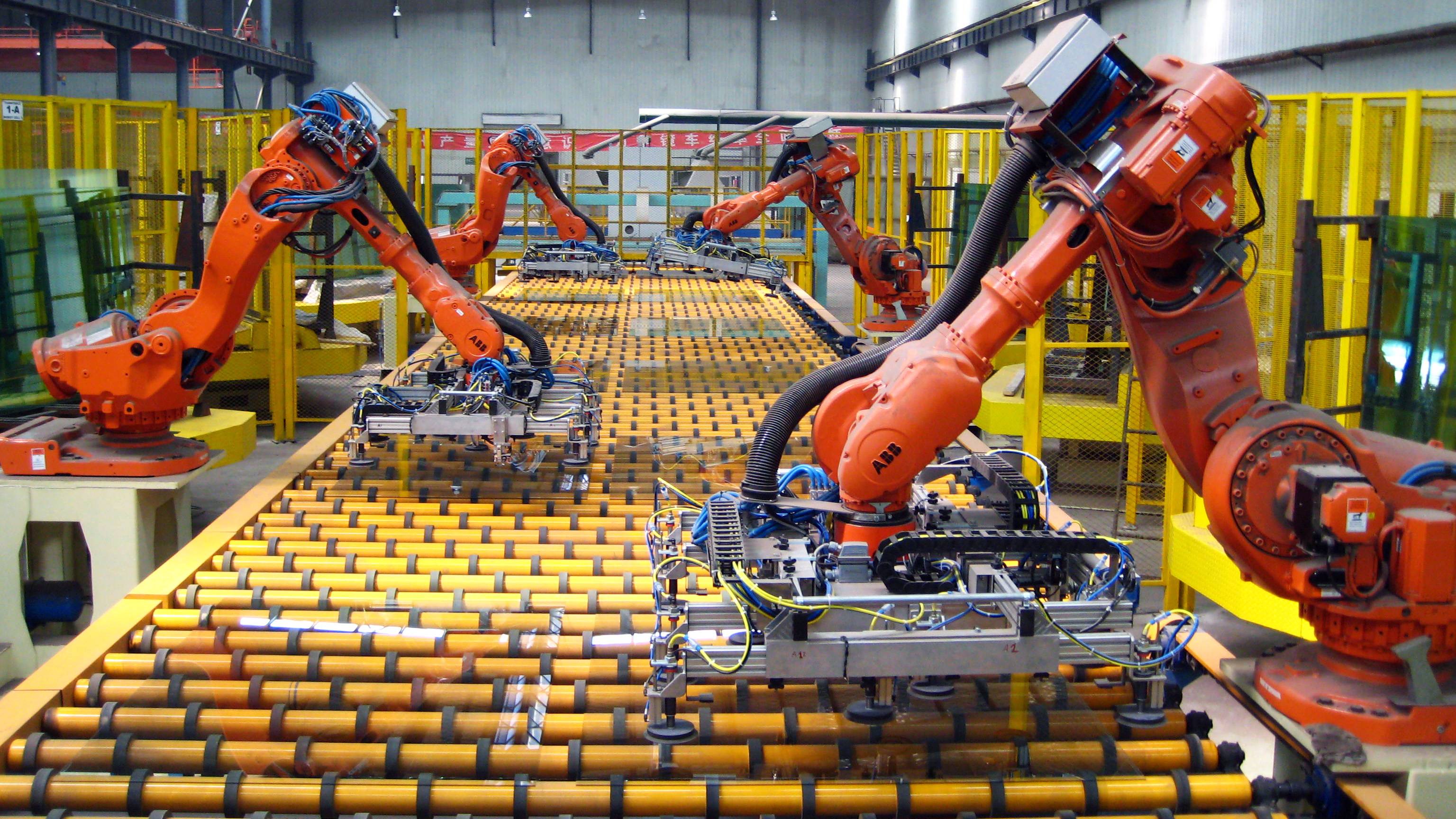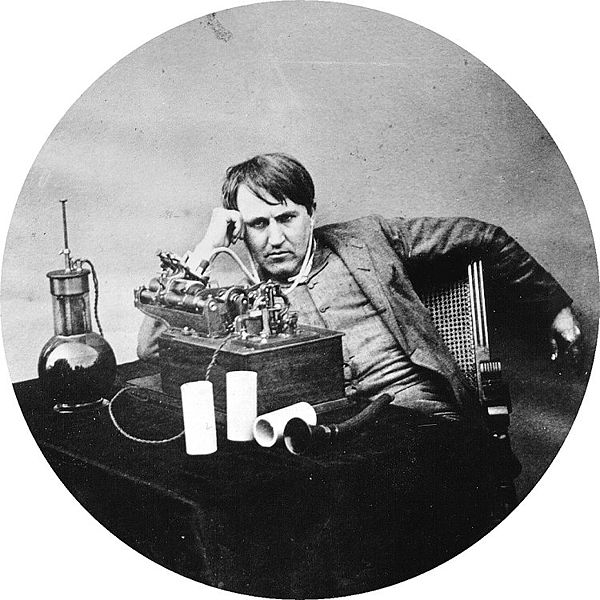Clive Thompson of Wired is one of those blessed journalists who’s as much of a joy to read for his lucid prose as his good ideas. In a new piece, he interviews multifaceted Canadian academic Vaclav Smil, a prolific author and a favorite of Bill Gates. An excerpt about manufacturing in America, which has been outsourced to a great degree in recent decades and in the next few will be increasingly lost to automation:
“Clive Thompson:
Let’s talk about manufacturing. You say a country that stops doing mass manufacturing falls apart. Why?
Vaclav Smil:
In every society, manufacturing builds the lower middle class. If you give up manufacturing, you end up with haves and have-nots and you get social polarization. The whole lower middle class sinks.
Clive Thompson:
You also say that manufacturing is crucial to innovation.
Vaclav Smil:
Most innovation is not done by research institutes and national laboratories. It comes from manufacturing—from companies that want to extend their product reach, improve their costs, increase their returns. What’s very important is in-house research. Innovation usually arises from somebody taking a product already in production and making it better: better glass, better aluminum, a better chip. Innovation always starts with a product.
Look at LCD screens. Most of the advances are coming from big industrial conglomerates in Korea like Samsung or LG. The only good thing in the US is Gorilla Glass, because it’s Corning, and Corning spends $700 million a year on research.
Clive Thompson:
American companies do still innovate, though. They just outsource the manufacturing. What’s wrong with that?
Vaclav Smil:
Look at the crown jewel of Boeing now, the 787 Dreamliner. The plane had so many problems—it was like three years late. And why? Because large parts of it were subcontracted around the world. The 787 is not a plane made in the USA; it’s a plane assembled in the USA. They subcontracted composite materials to Italians and batteries to the Japanese, and the batteries started to burn in-flight. The quality control is not there.”


